How Pete Dye's Wife Alice Played A Pivotal Role In Shaping The Iconic 17th Hole At TPC Sawgrass
One of the most famous holes in golf was never originally intended to look the way it does now
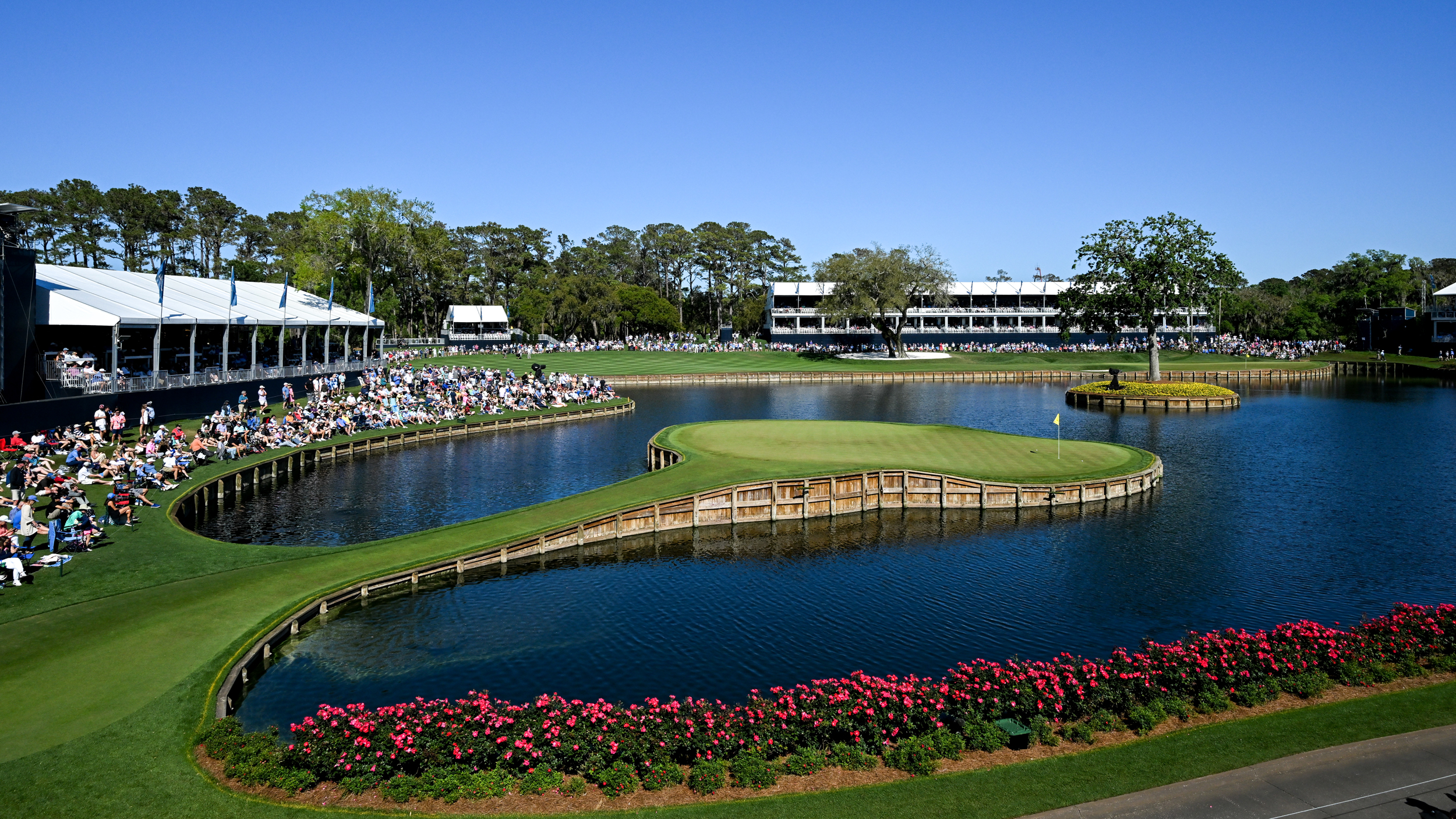

Almost everyone who is a fan of golf recognizes the 17th hole on the Stadium Course at TPC Sawgrass in its current guise.
It is a 137-yard par-3 over a seemingly endless body of water that tasks players with sending their ball onto the island green using a short iron or wedge. The hole requires a shot that - with a little bit more dry land around - would be described as 'quite simple.'
But, such is the openness of the space between the path and gallery running all the way down the left side and a lone tree on its own private island protecting the target area from the adjacent fairway over to the right, it is anything but straightforward.
Plus, with swirling wind to factor in and an anxiety-inducing lake in front of you that plays tricks on the mind, more than a few good golfers have been made to look quite foolish here. And, for the pros, they have thousands of fans baying for either an ace or their golf ball to end up in the soup.
But who designed it that way? And why would they make it so?
Arguably the most iconic hole in world golf was never originally drawn up to host such extreme features. After the PGA Tour's second-ever commissioner, Deane Beman purchased the land on which TPC Sawgrass now stands for just $1 back in 1979, legendary course designer Pete Dye was hired to form a stadium course fit to host the PGA Tour's flagship event as well as its headquarters.

After beginning to dig out certain areas in order to facilitate lakes and provide soil for banks, Dye and his team realized the sandiest subsoil was in an area in front of the proposed 17th green. Ideal for building a good course but rare in areas of swampland, it was nearly all removed.
Get the Golf Monthly Newsletter
Subscribe to the Golf Monthly newsletter to stay up to date with all the latest tour news, equipment news, reviews, head-to-heads and buyer’s guides from our team of experienced experts.
As a result, what was initially pencilled in as a lake between tee box and green ended up being expanded slightly to surround the target area. It was during this period of the construction that the defining moment occurred for TPC Sawgrass.
Dye's wife and Dye Designs partner, Alice suggested an island green and eventually successfully convinced her husband to change his original plan. A putting surface which is 26 yards from back to front and around the same distance widthways, surrounded by water that is four feet deep, was then created.
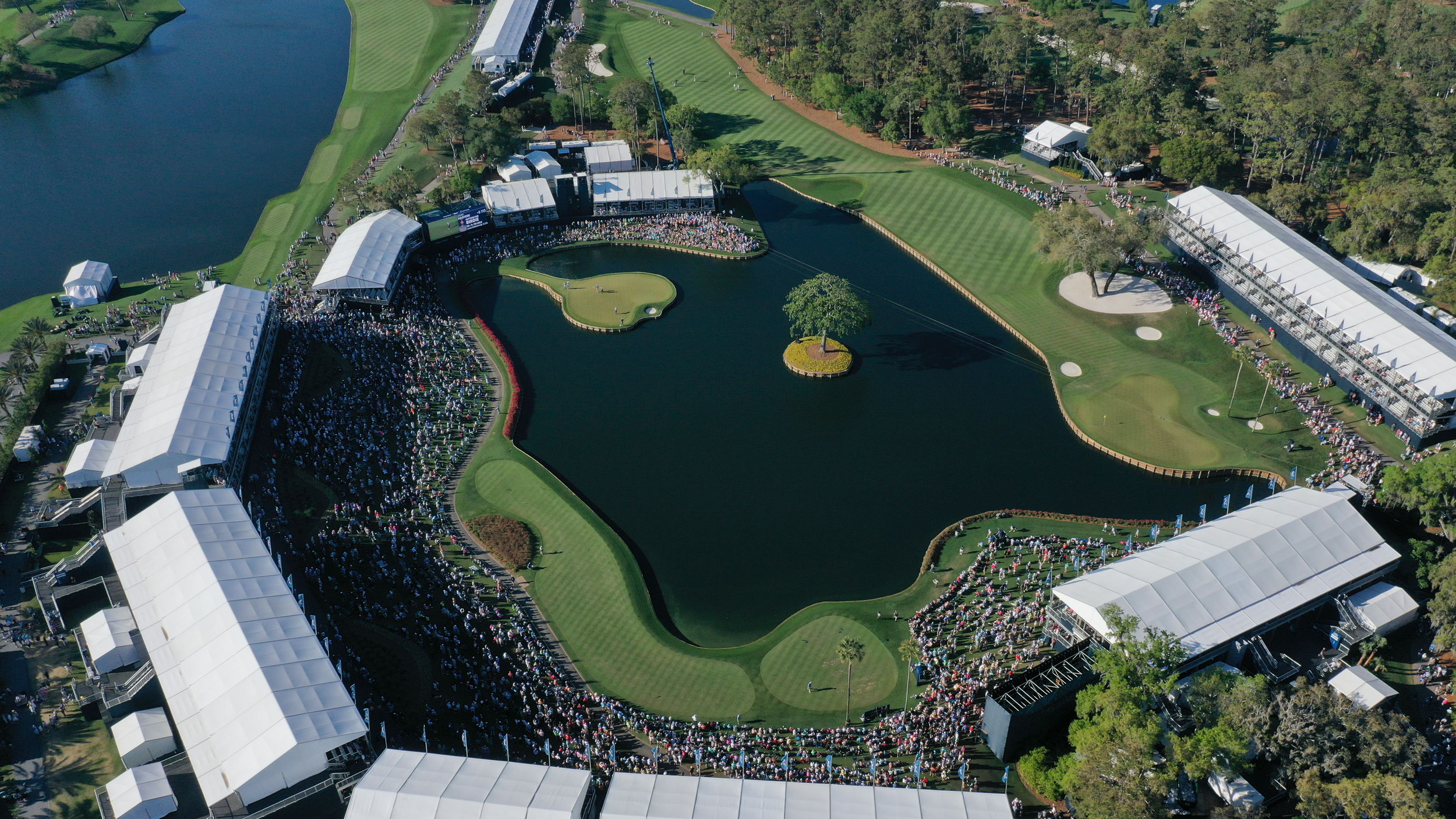
Due to the Alice's inspired influence, what golfers and fans from all around the world now see is said isolated piece of land with a thin path stretching back to safety from its north-west corner.
The Stadium Course, in its entirety, went on to open in 1980 and its first time hosting The Players was in 1982. However, the entire property's layout was not well received by many of America's best, with criticism arriving from the likes of Jack Nicklaus and Ben Crenshaw, who described it as “Star Wars golf designed by Darth Vader.”
Dye took the criticism on board and quickly altered the design, though, including sanding the edge of some pretty severe greens. “Now it’s a damn good golf course,” admitted Crenshaw.
It has hosted over 40 editions of The Players Championship since and is set to host the 50th running in 2024.

Jonny Leighfield is our Staff News Writer who joined Golf Monthly just in time for the 2023 Solheim Cup and Ryder Cup. He graduated from the University of Brighton with a degree in Sport Journalism in 2017 and spent almost five years as the sole sports reporter at his local newspaper. During his time with Golf Monthly, Jonny has interviewed several stars of the game, including Robert MacIntyre, Ian Poulter, Lee Westwood, and Joaquin Niemann. An improving golfer himself, Jonny enjoys learning as much about the game as he can and recently reached his Handicap goal of 18 for the first time. He attended both the 150th and 151st Open Championships and dreams of attending The Masters one day.
-
 Meet The 8 Amateurs Playing In The Chevron Championship
Meet The 8 Amateurs Playing In The Chevron ChampionshipThe Chevron Championship includes eight amateurs – here are the details of the rising stars and how they reached the first women’s Major of the year
By Mike Hall
-
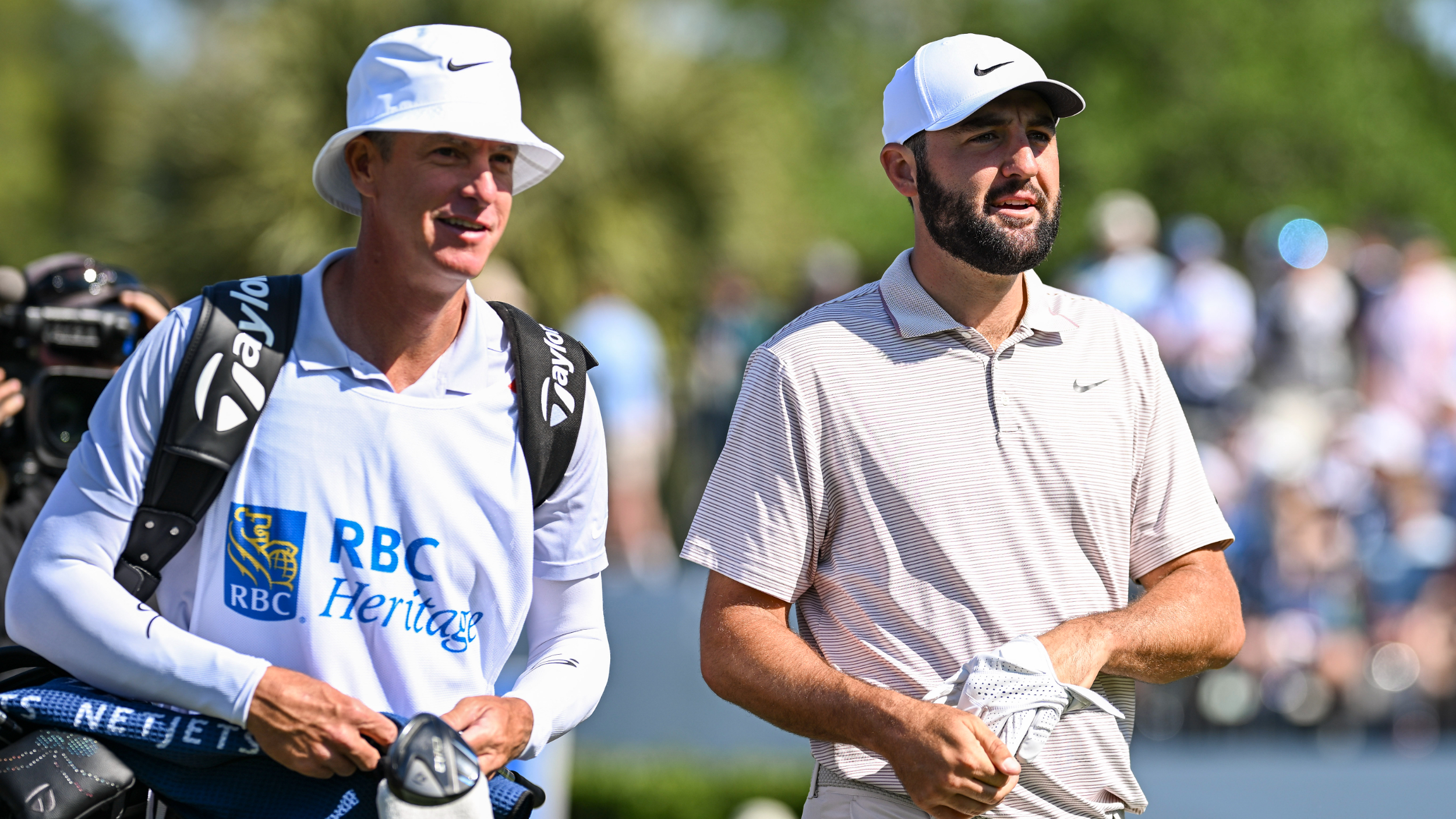 How Much The Winning Caddie Earns At The RBC Heritage
How Much The Winning Caddie Earns At The RBC HeritageThe latest of the PGA Tour’s signature events offers a huge prize for the winner, and the caddie alongside the champion is due for a big payday too
By Mike Hall
-
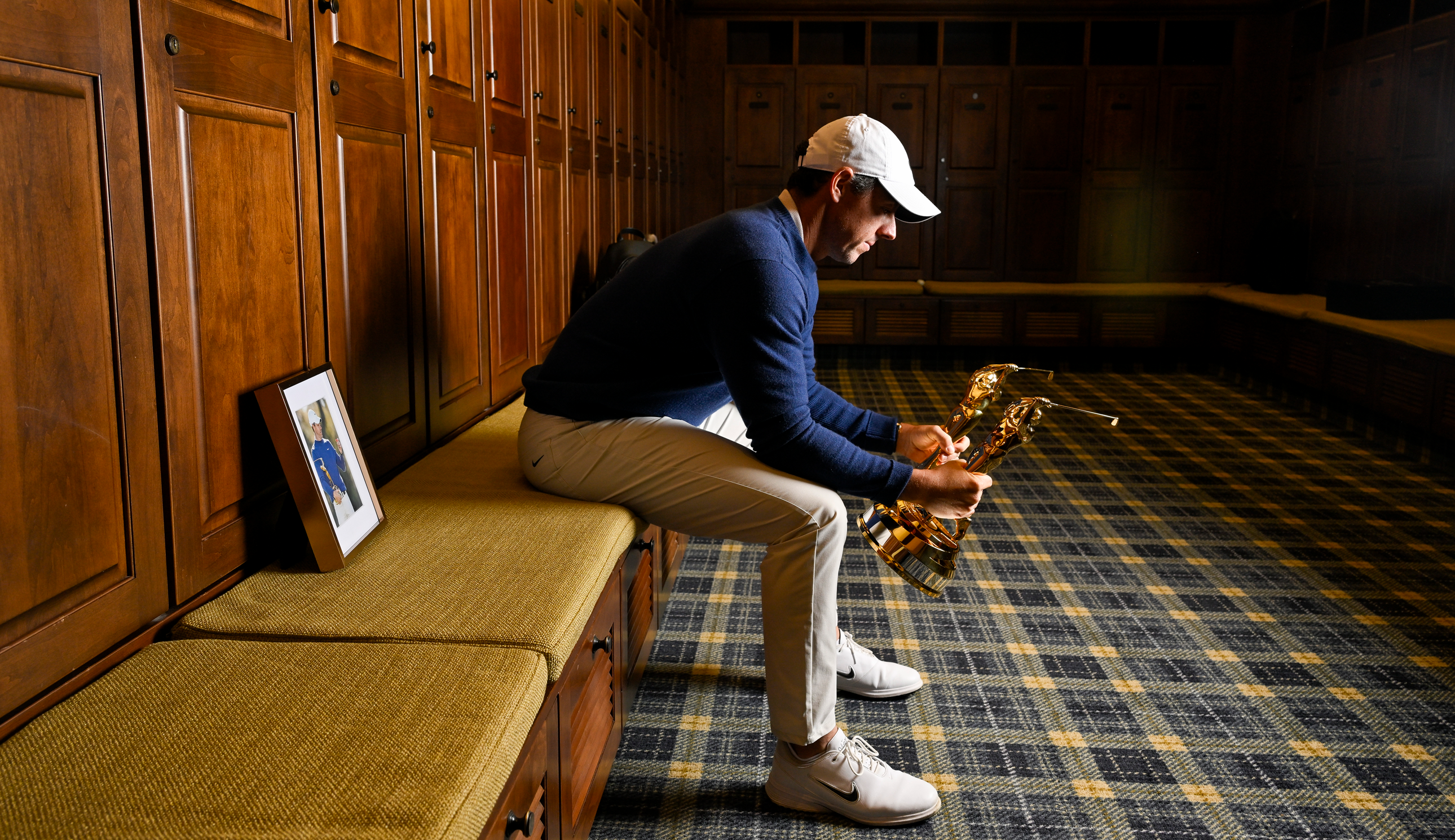 Impressive Players Championship TV Ratings Show Rory McIlroy Is Golf's Needle Mover
Impressive Players Championship TV Ratings Show Rory McIlroy Is Golf's Needle MoverMcIlroy's victory at The Players Championship drew an increase in viewership over 2024, with his recent victories on the PGA Tour showing that he could well be the new needle mover
By Matt Cradock
-
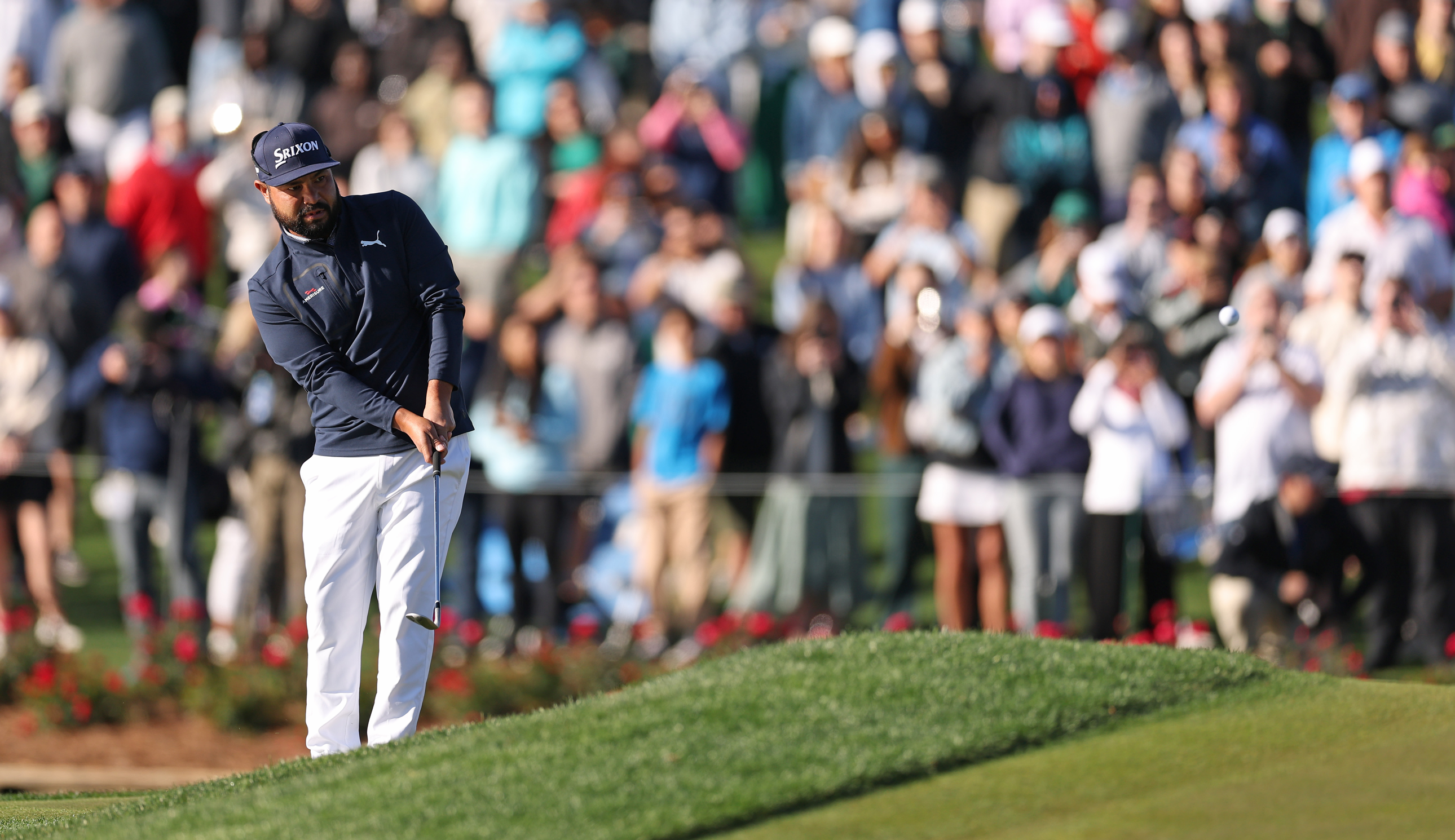 JJ Spaun Didn’t Win The Players Championship, But Here’s Everything He Gets After A Life-Changing Week At TPC Sawgrass
JJ Spaun Didn’t Win The Players Championship, But Here’s Everything He Gets After A Life-Changing Week At TPC SawgrassSpaun may have missed out on Players Championship victory, but the American can take solace in a number of positives from a fine week at TPC Sawgrass
By Matt Cradock
-
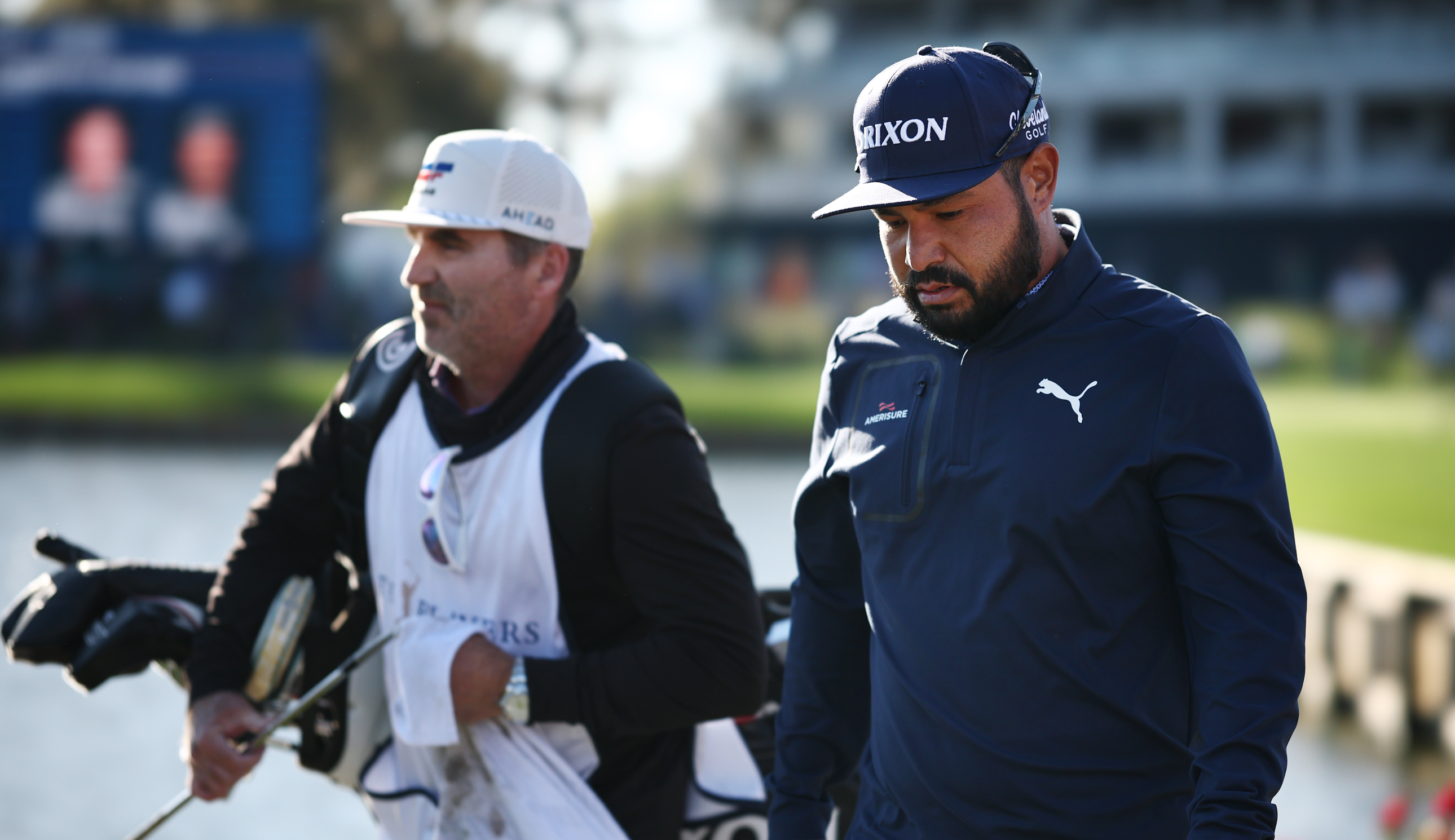 ‘It’s Hard To Not Feel Discouraged’ - JJ Spaun Reacts After Players Championship Playoff Defeat To Rory McIlroy
‘It’s Hard To Not Feel Discouraged’ - JJ Spaun Reacts After Players Championship Playoff Defeat To Rory McIlroyThe American came up short in a bid to win The Players Championship, as Spaun would rue a costly triple bogey at the par 3 17th in a playoff with Rory McIlroy
By Matt Cradock
-
 Keegan Bradley Makes Second Hole-In-One Of 2025 At Another Iconic Venue
Keegan Bradley Makes Second Hole-In-One Of 2025 At Another Iconic VenueKeegan Bradley made an ace in the final round of The Players Championship at TPC Sawgrass - and it's not the only iconic venue he's achieved it at this year
By Mike Hall
-
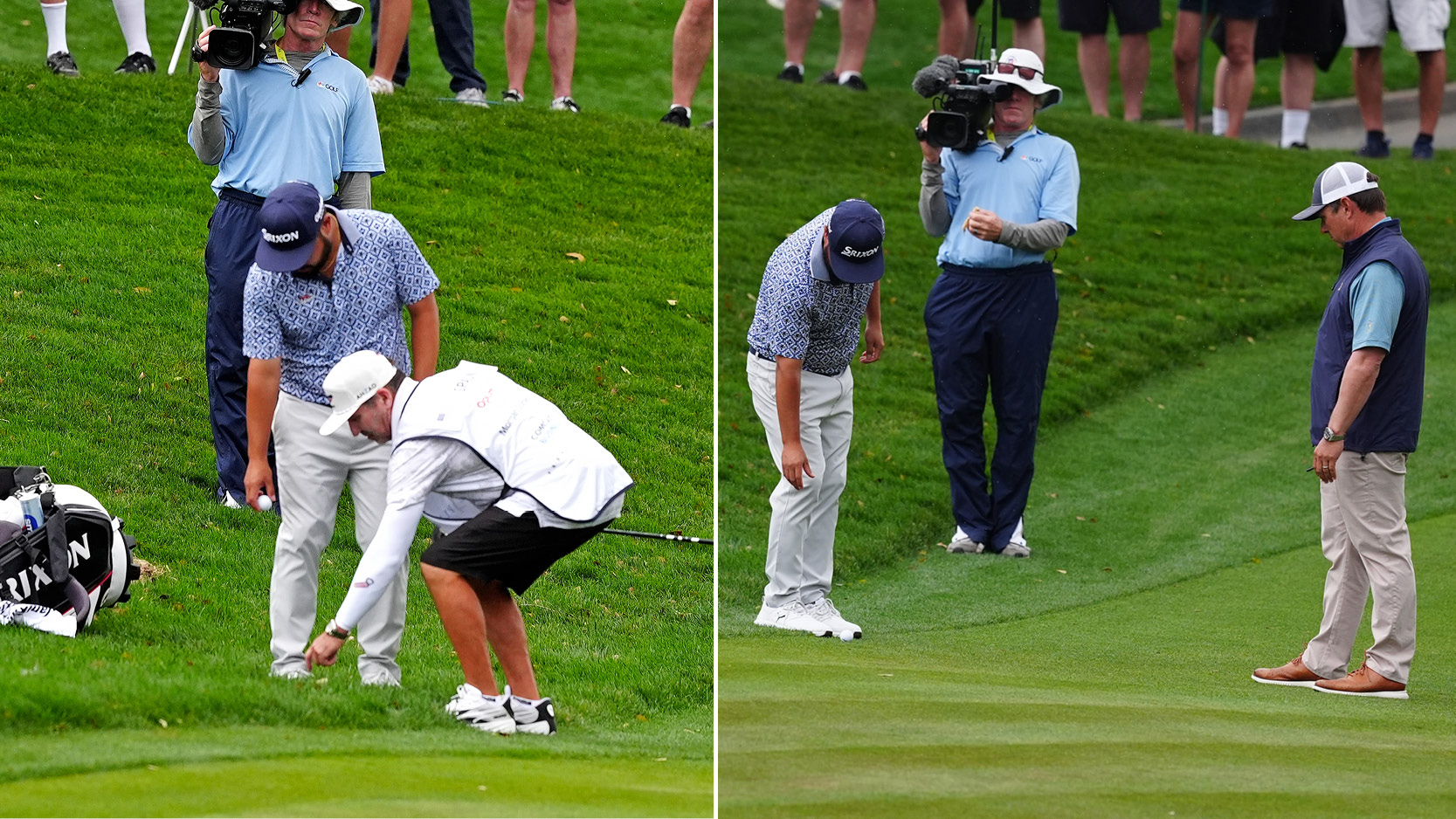 J.J. Spaun Involved In Drop Drama While In Contention At The Players Championship
J.J. Spaun Involved In Drop Drama While In Contention At The Players ChampionshipPlaying the ninth hole at TPC Sawgrass, the American received a huge slice of luck via a double drop at the par 5, with the move leading to a birdie
By Matt Cradock
-
 How A Strong Finish At The Players Championship Will Mean This Professional May Retain His PGA Tour Card
How A Strong Finish At The Players Championship Will Mean This Professional May Retain His PGA Tour CardBud Cauley is needing to finish in, or around, the top 5 at TPC Sawgrass to keep his PGA Tour playing rights for 2025, with the American currently playing on a major medical extension
By Matt Cradock
-
 How Many Monday Finishes Have There Been At The Players Championship?
How Many Monday Finishes Have There Been At The Players Championship?The Players Championship is the PGA Tour's flagship event and, throughout its history, there have been eight Monday finishes, with the last being in 2022
By Matt Cradock
-
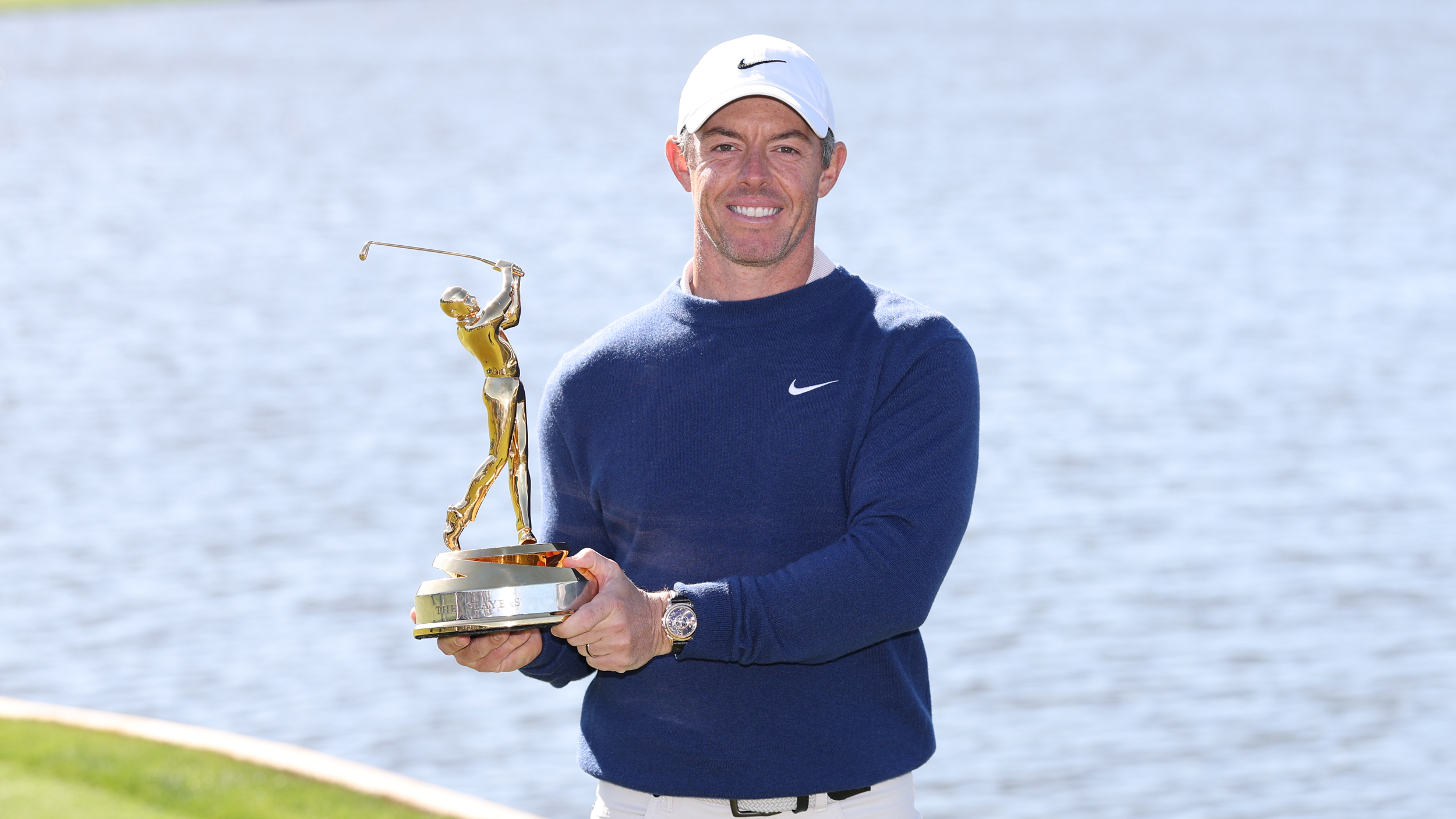 Rory McIlroy Defeats JJ Spaun In Playoff To Win Second Players Championship
Rory McIlroy Defeats JJ Spaun In Playoff To Win Second Players ChampionshipThe Northern Irishman defeated JJ Spaun over three extra holes at TPC Sawgrass' Stadium Course to lift the 2025 Players Championship on Monday
By Jonny Leighfield